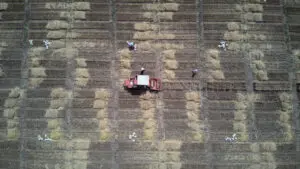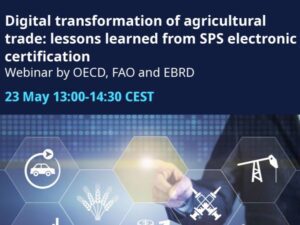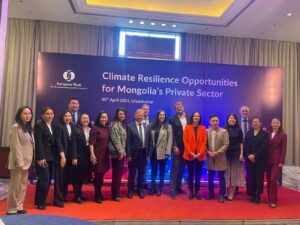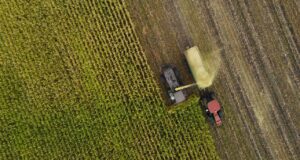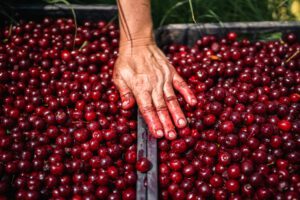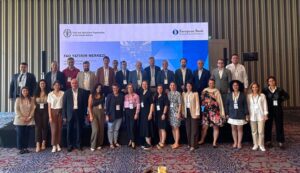
Investing in more sustainable and resilient food logistics in Istanbul
A high-level workshop held in Istanbul, co-organized by the European Bank for Reconstruction and Development (EBRD) and the FAO Investment Centre, focused on creating a more sustainable, efficient and resilient urban food logistics system for the city. With over 15.7 million residents, Istanbul faces mounting challenges, including urban congestion, pollution and evolving food demands, which are exacerbated by the rise in e-commerce and home delivery services. Participants from the public and private sectors explored solutions such as: Upgrading logistics infrastructure.
